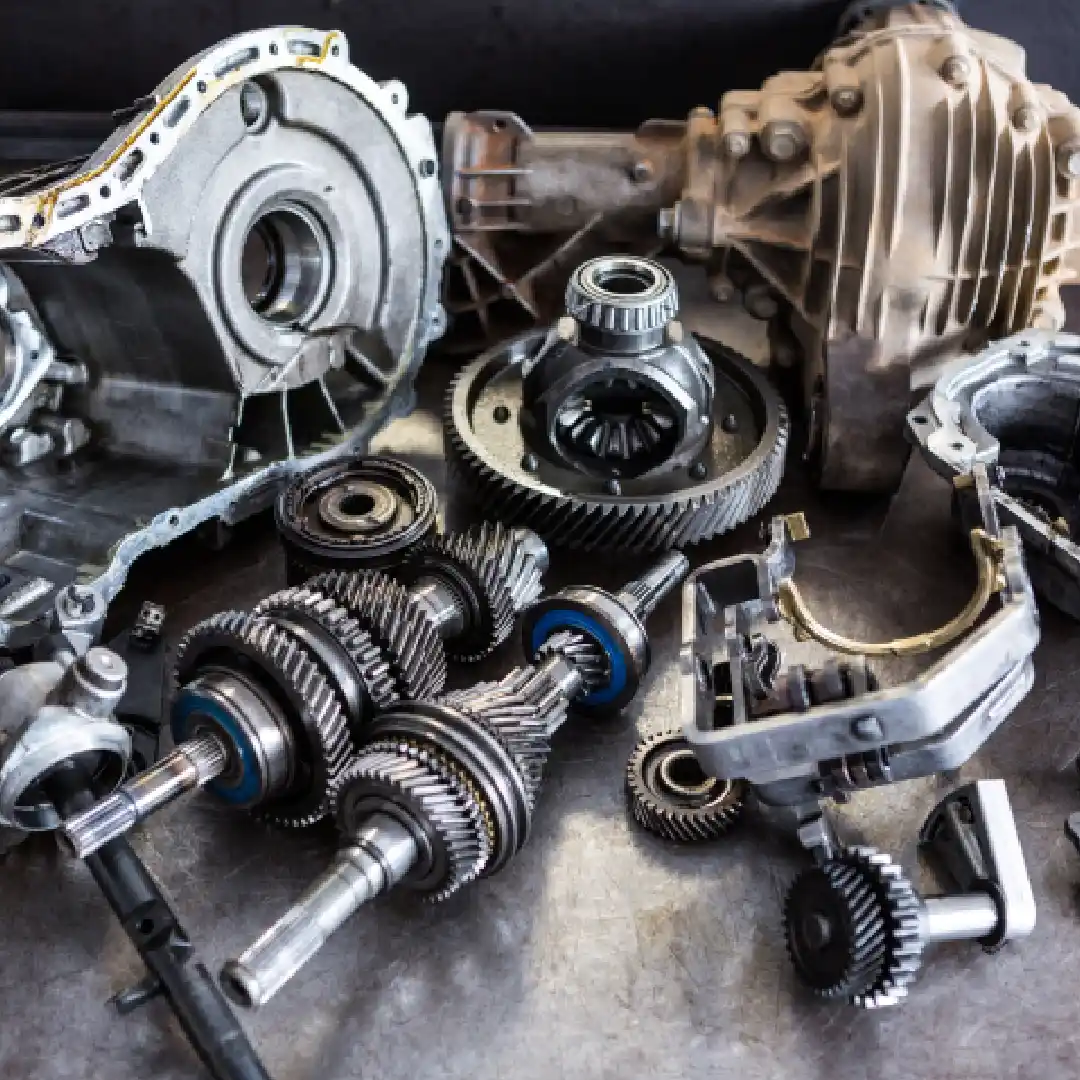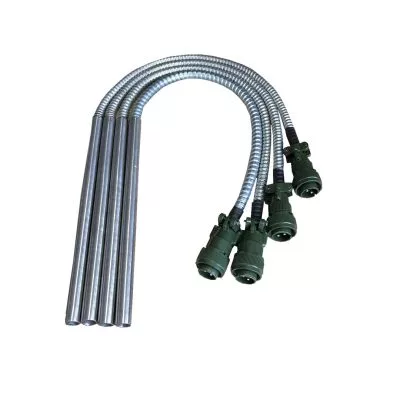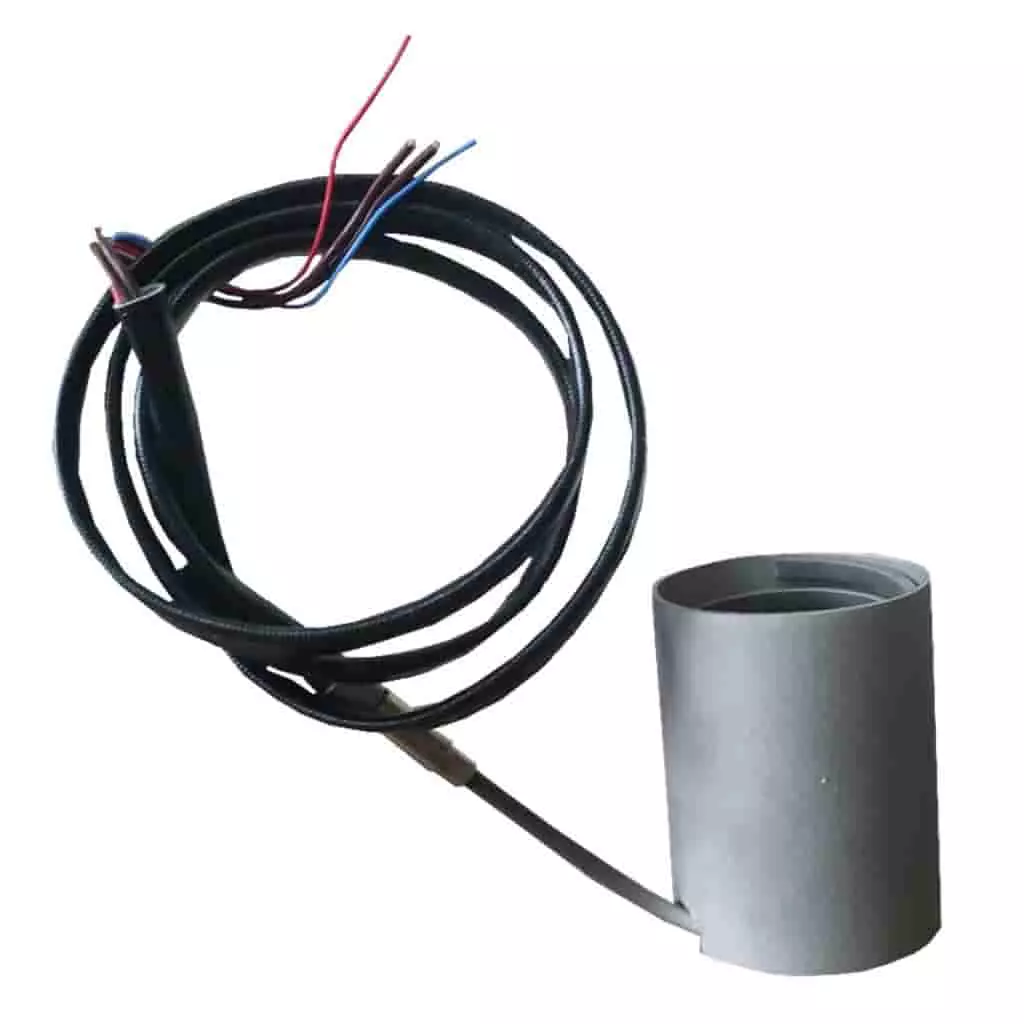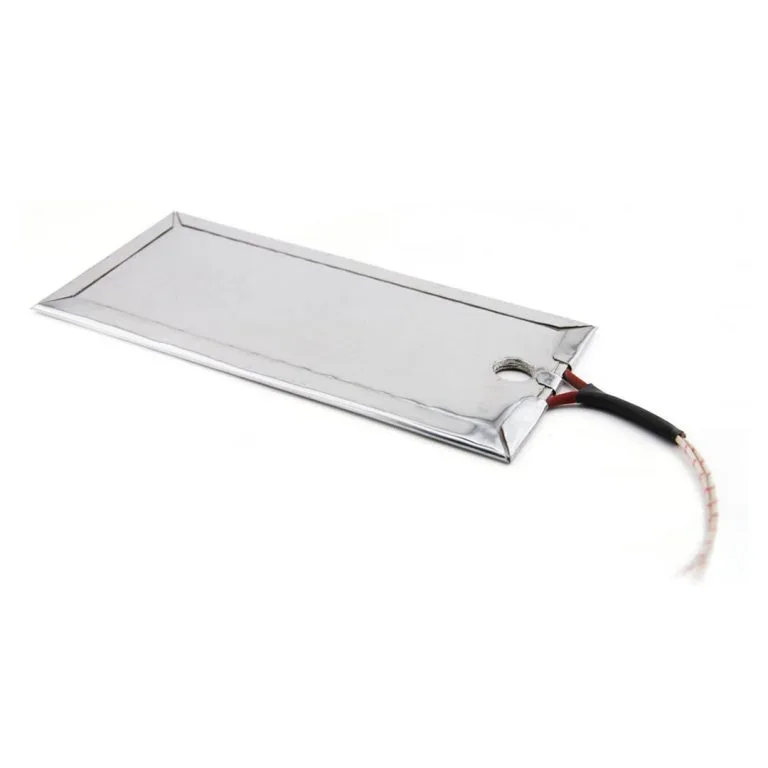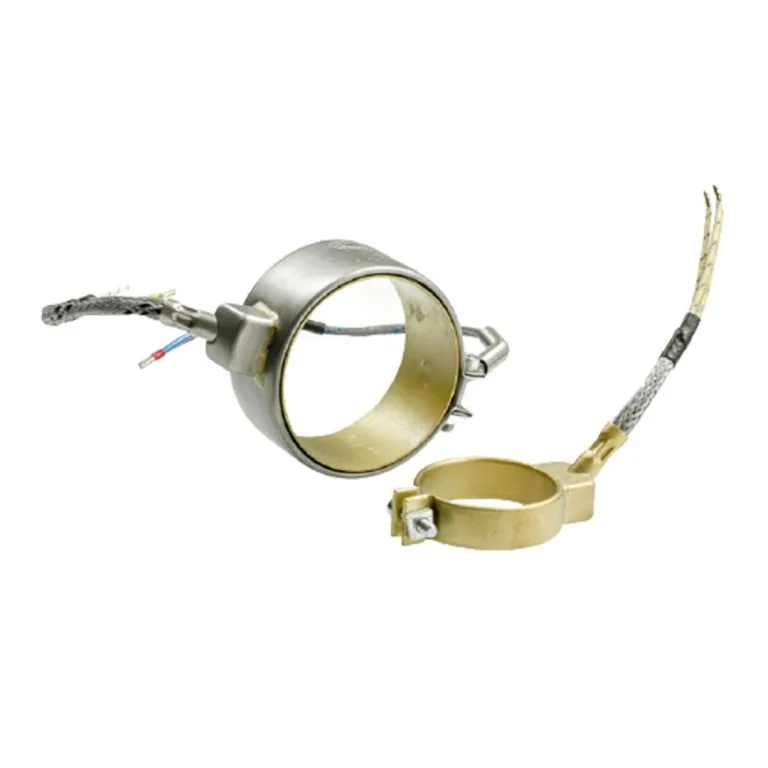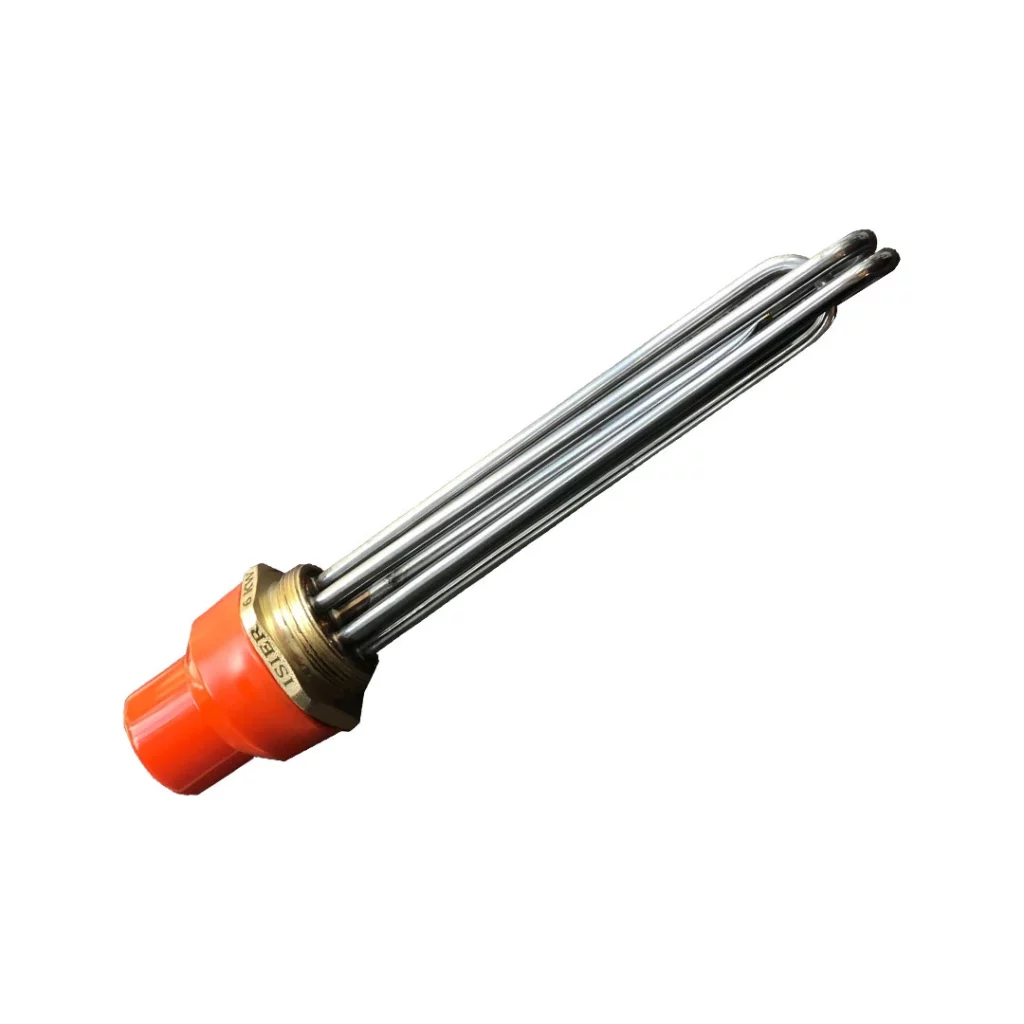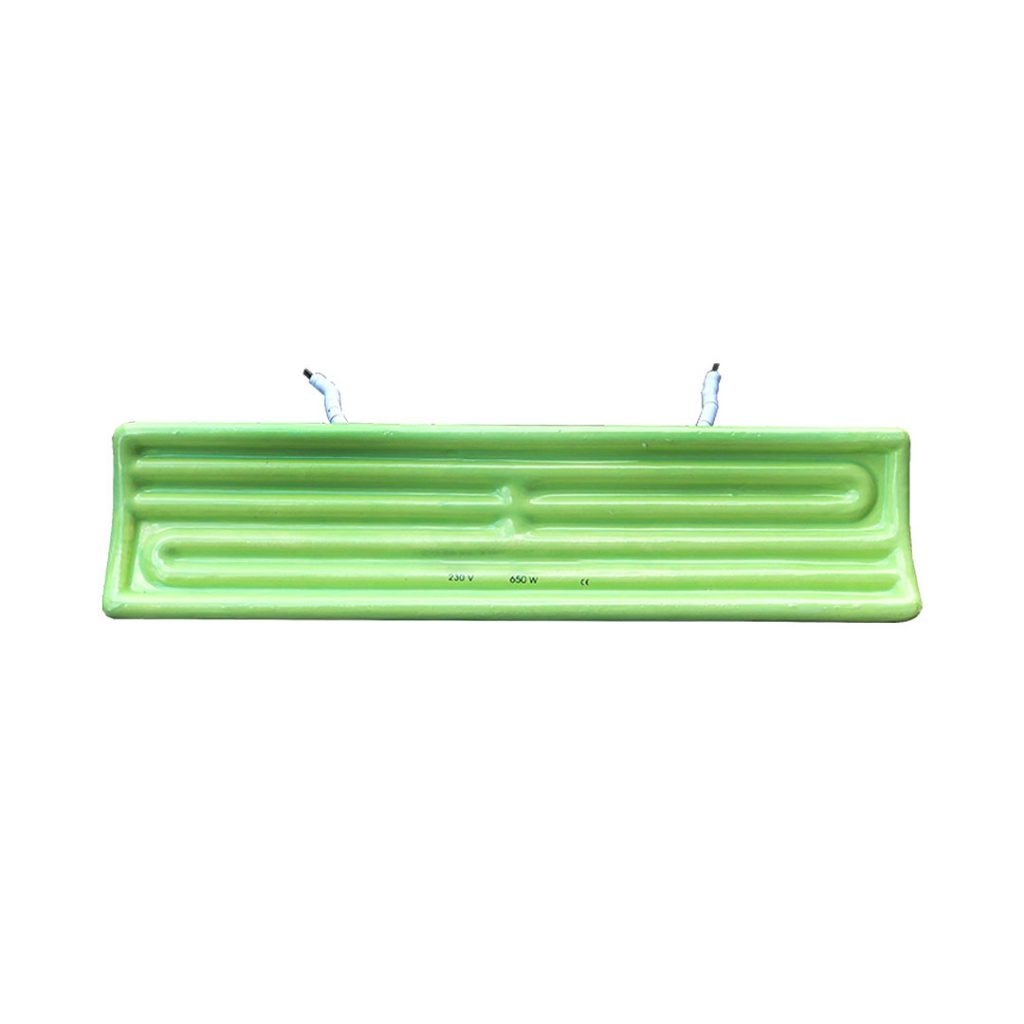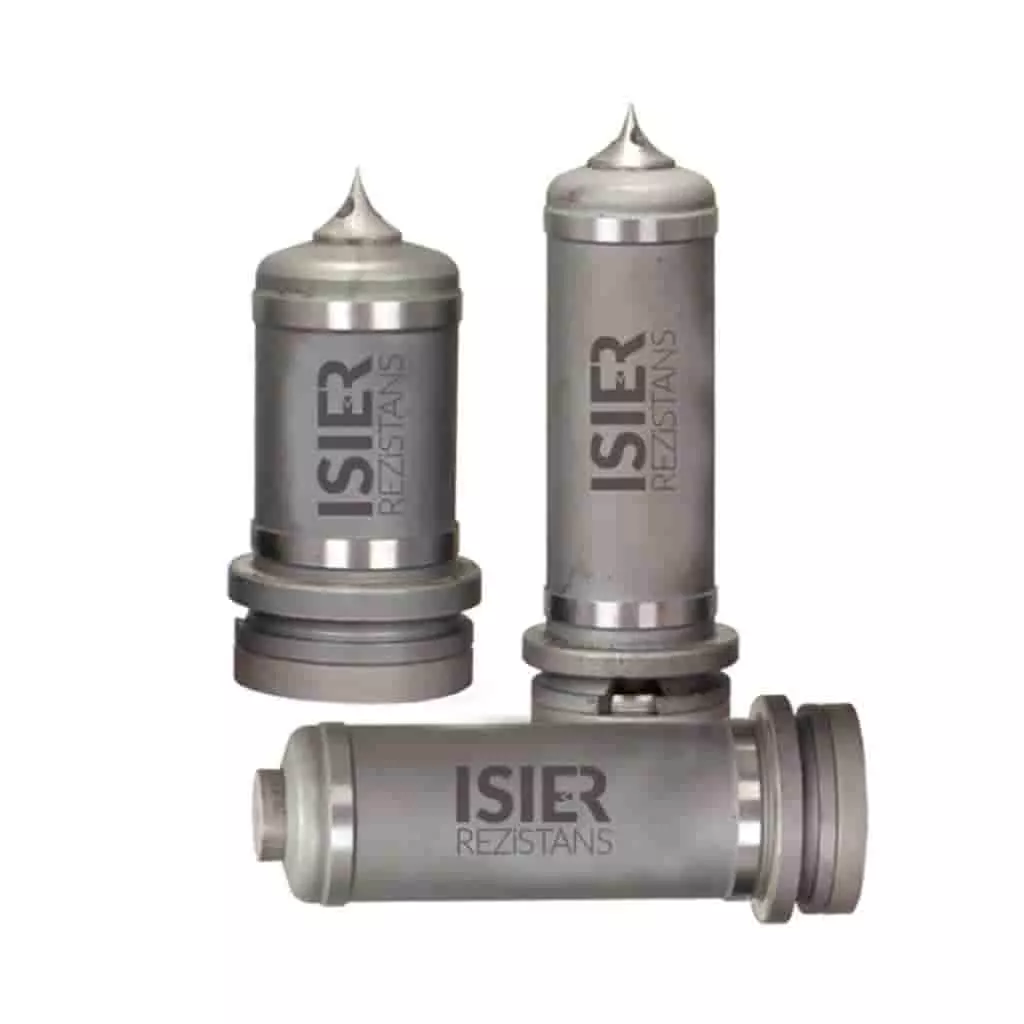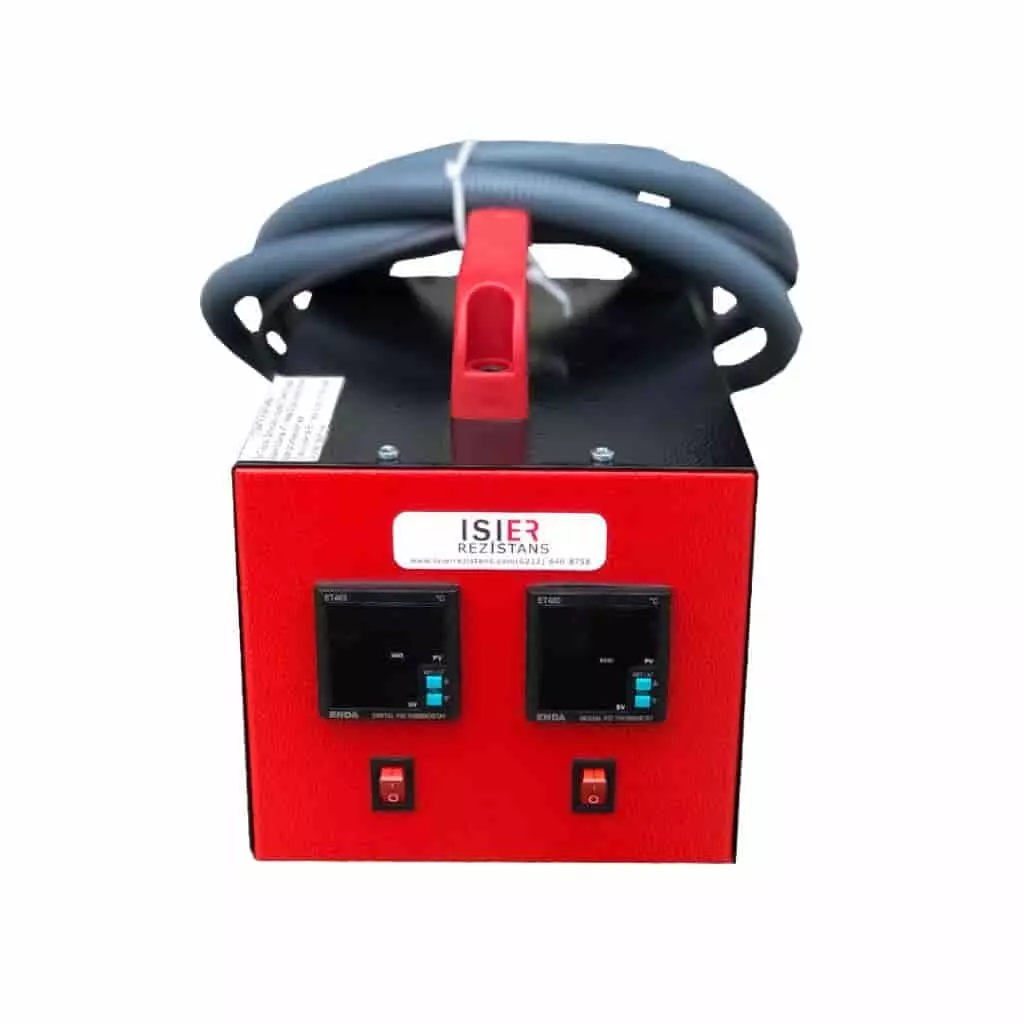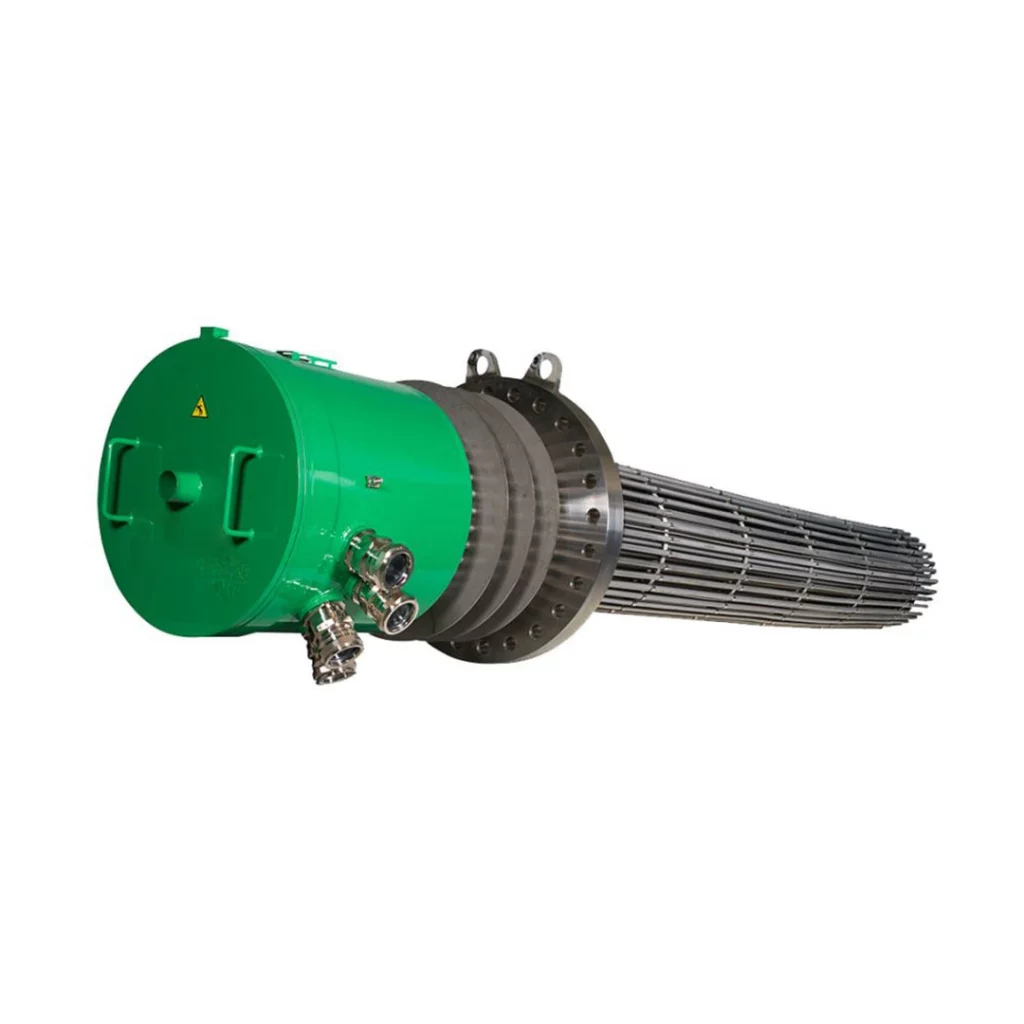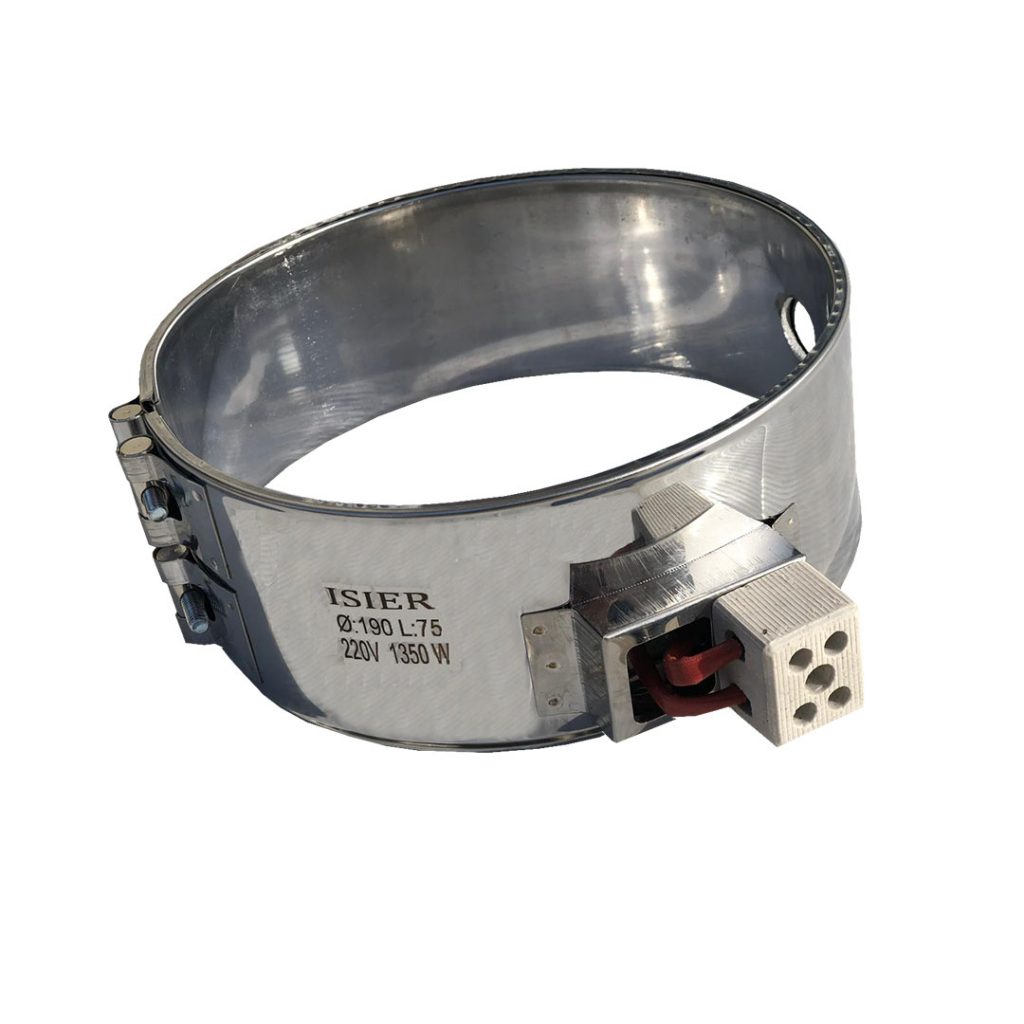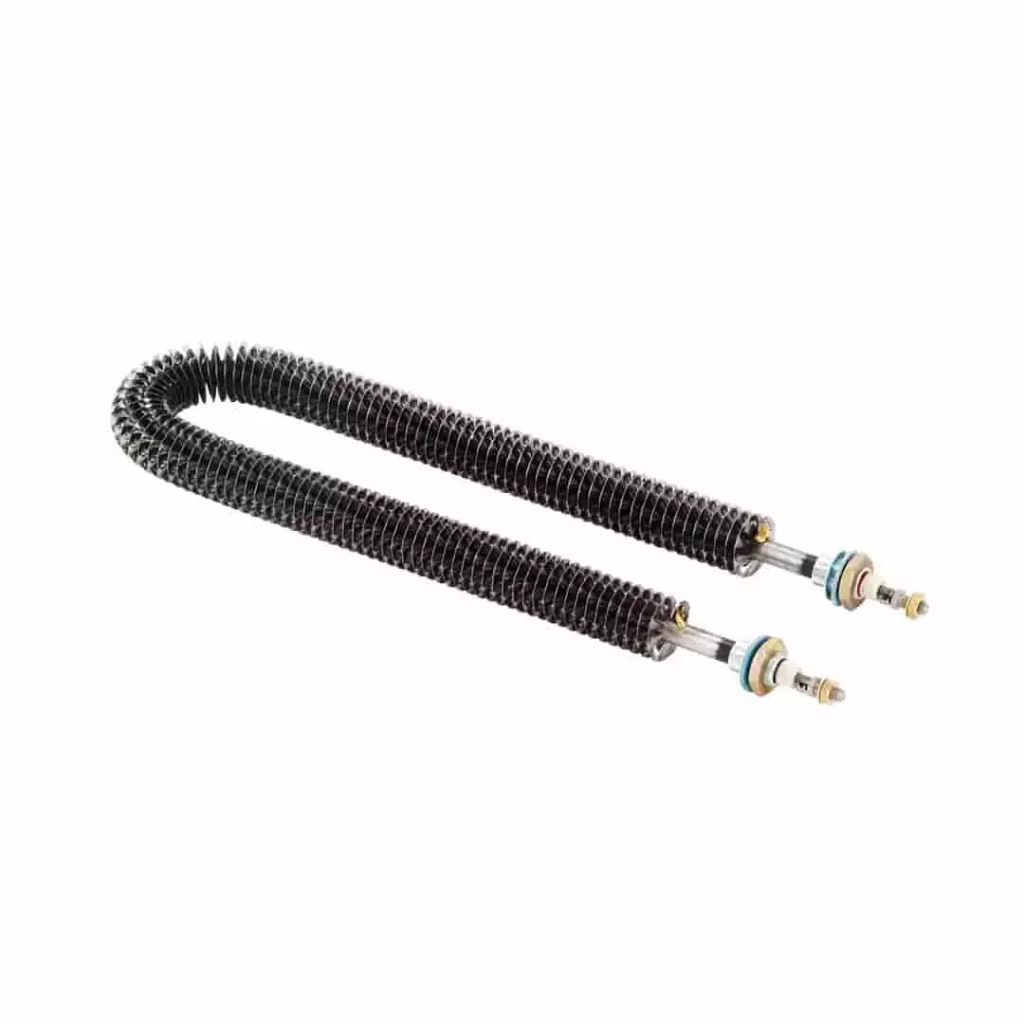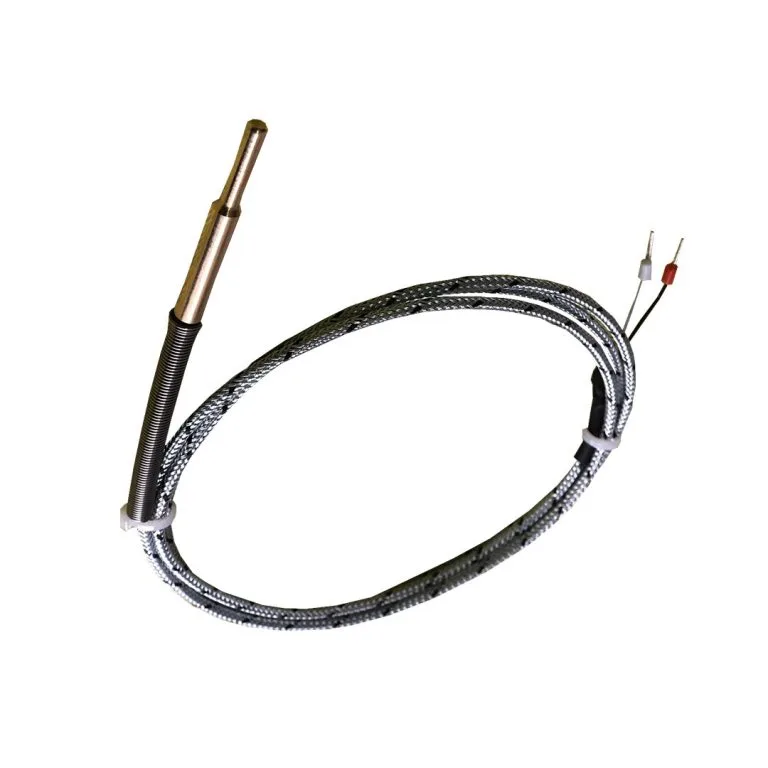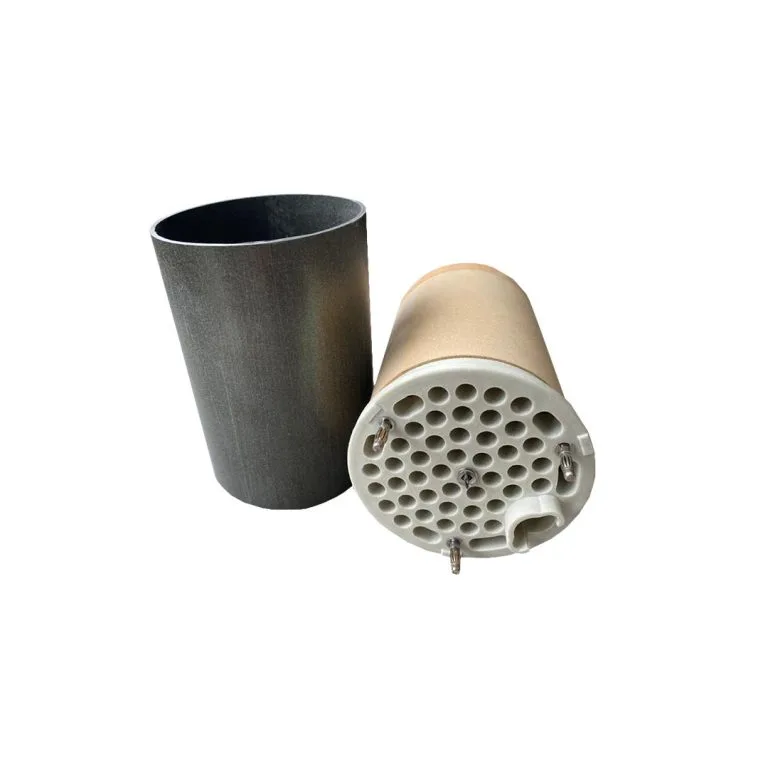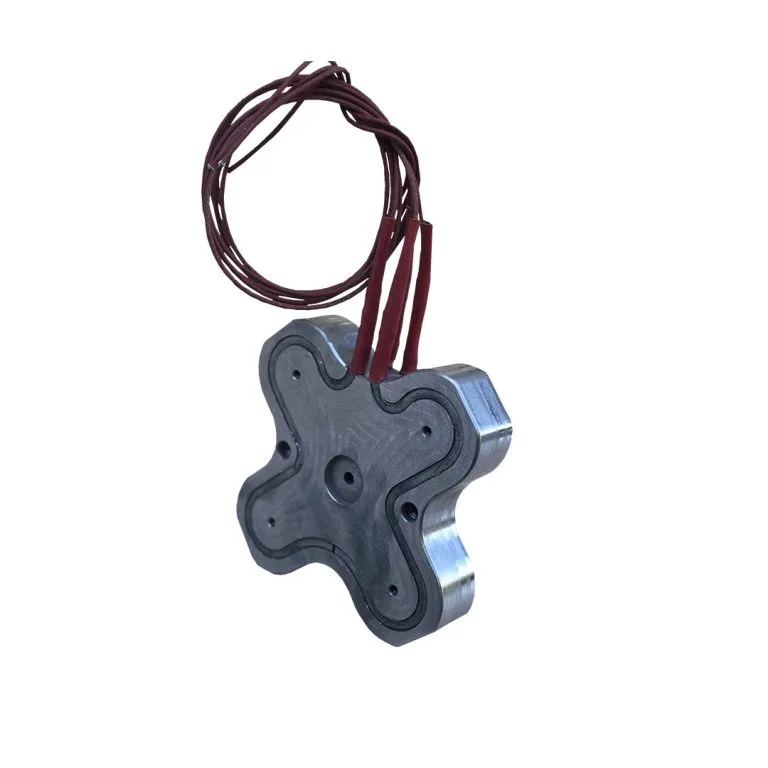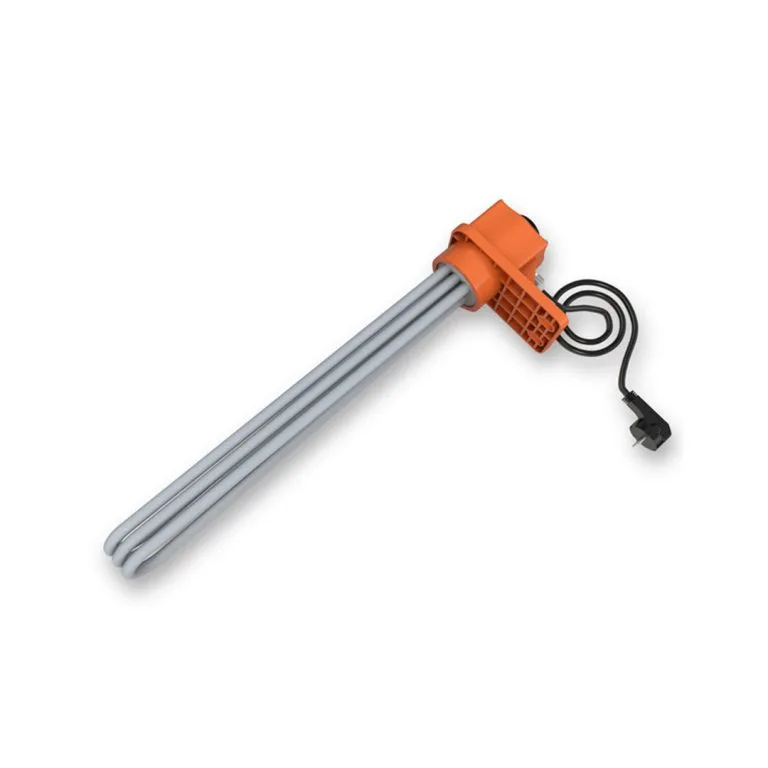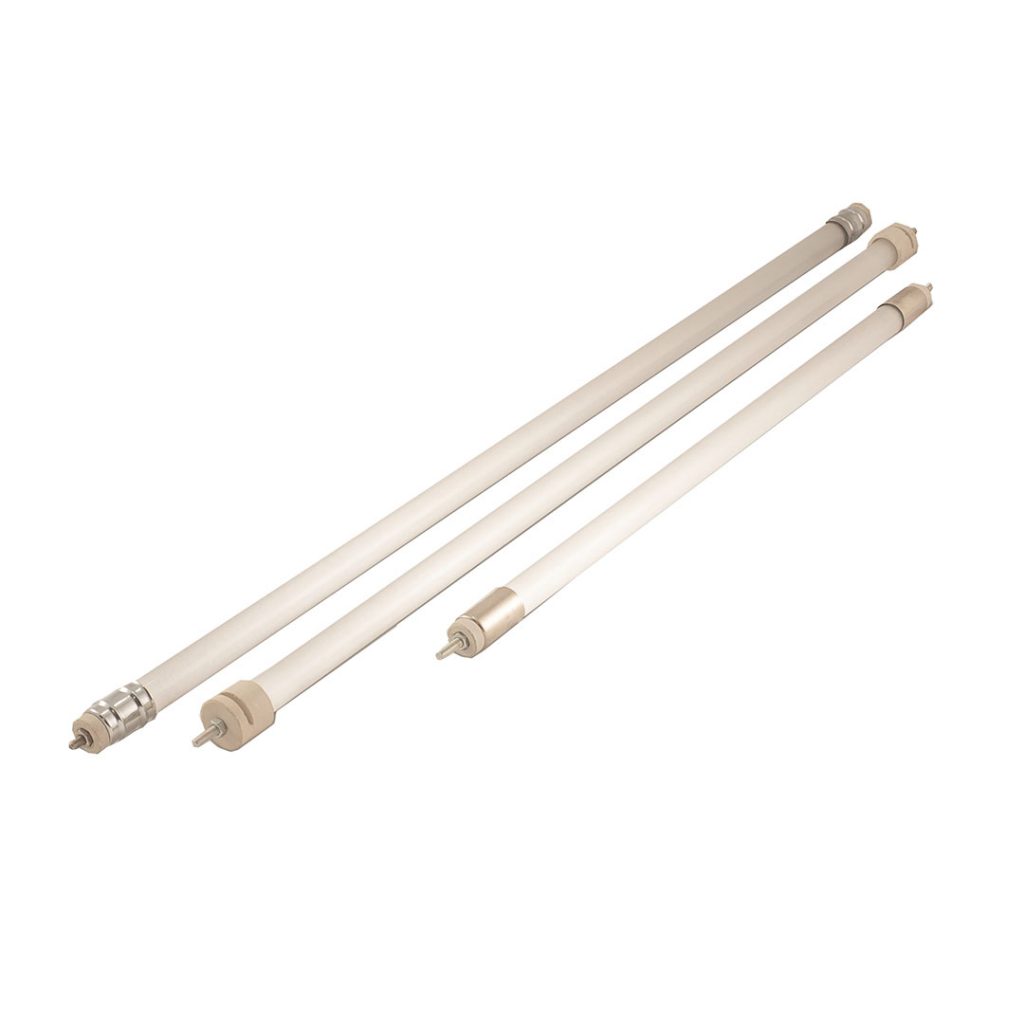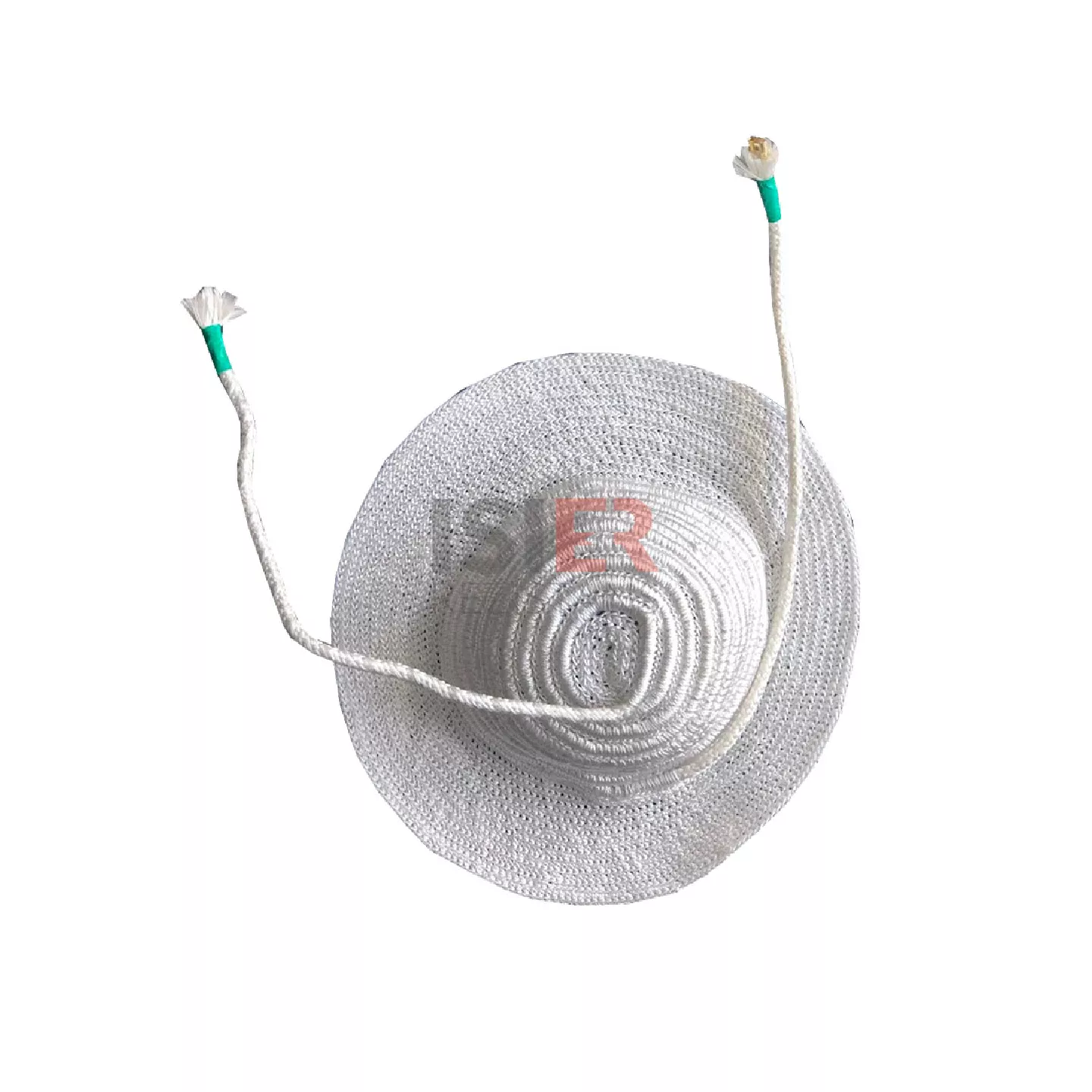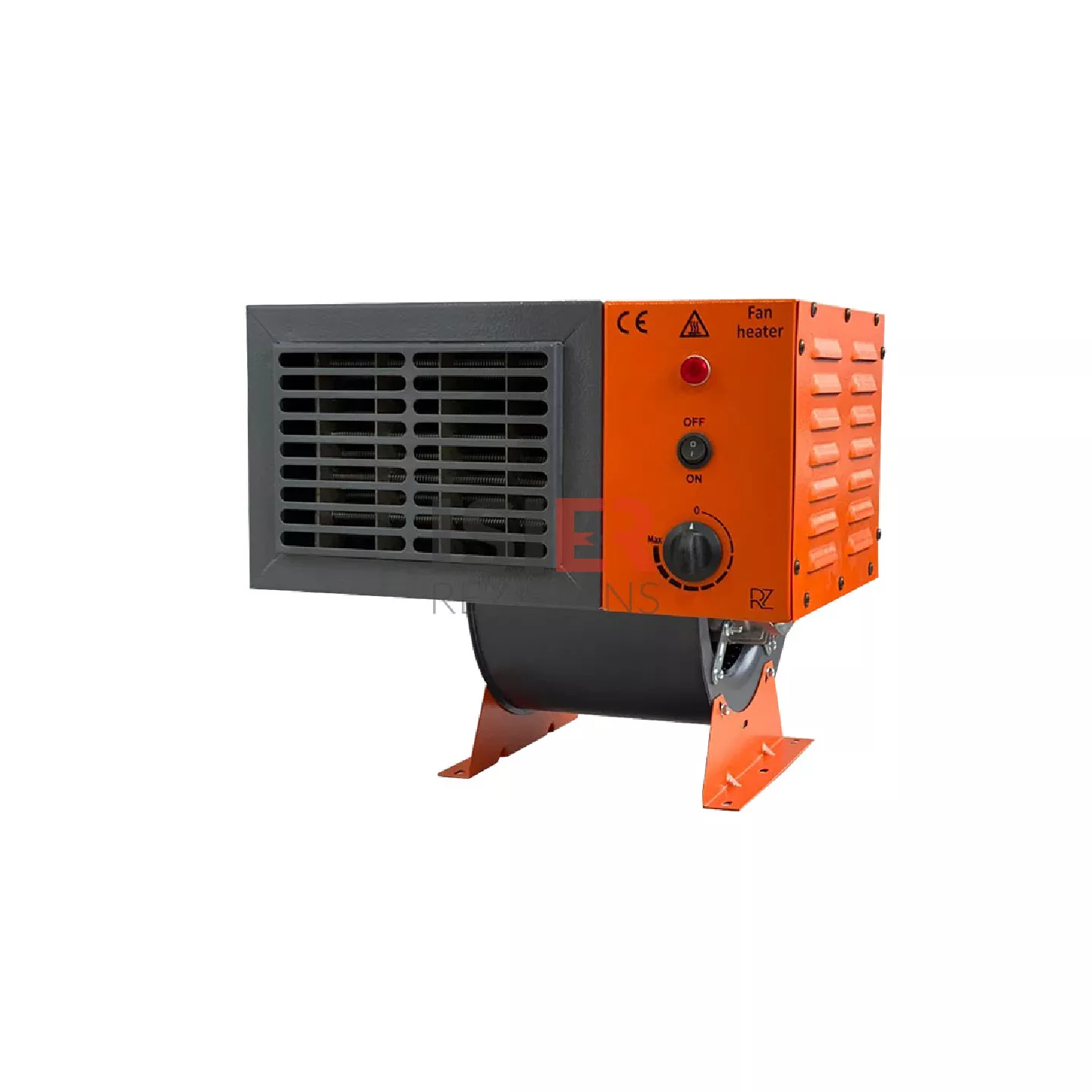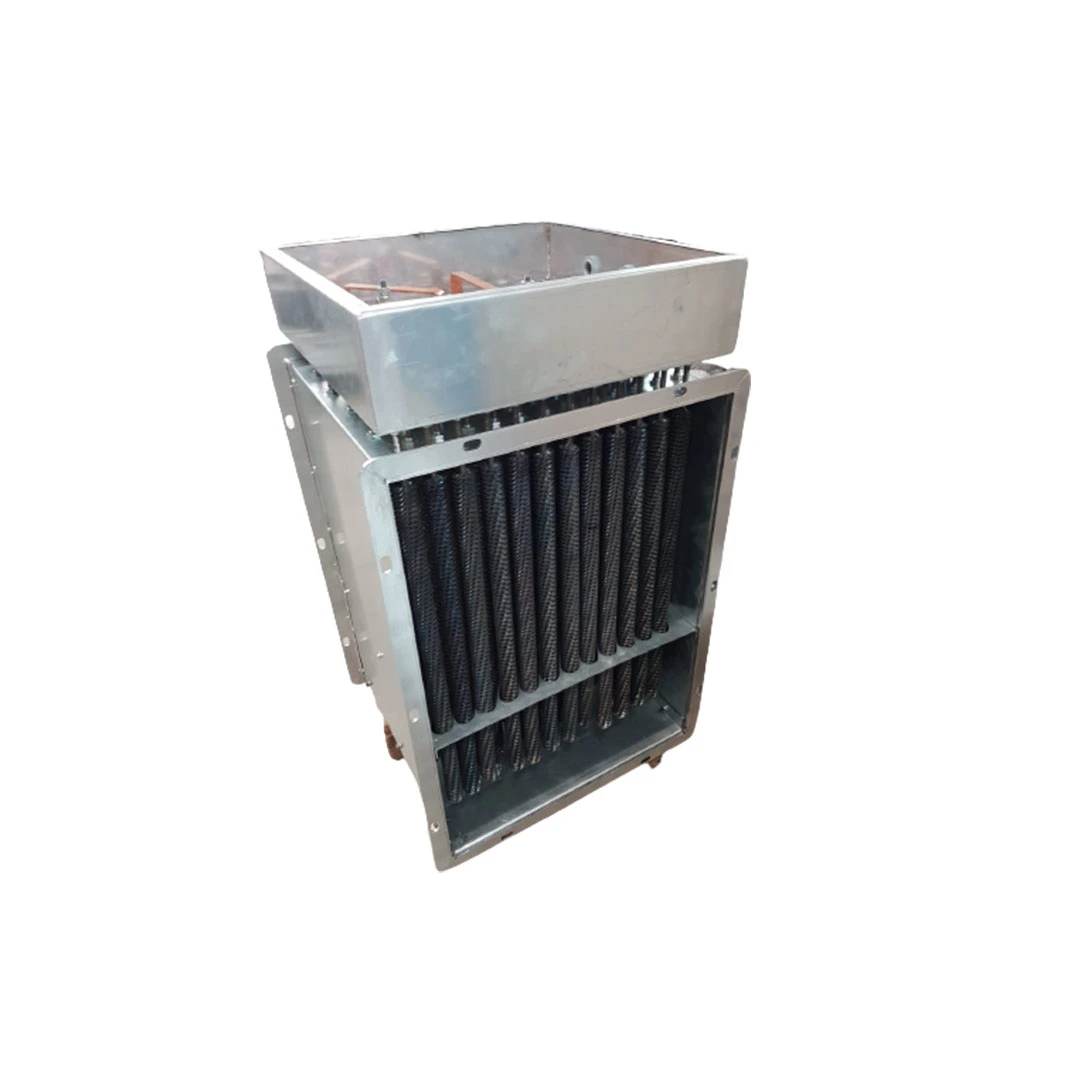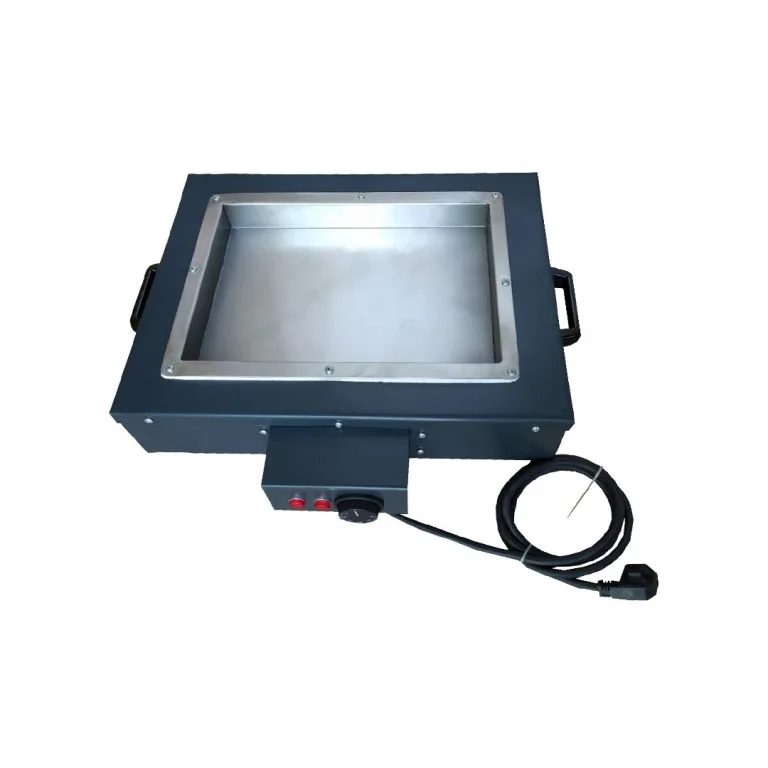Why Use Machine Spare Parts Heaters?
Heater elements are used in various machines and industrial equipment to provide heating or resistance. The reasons for their preference in industrial applications are as follows:
Heating Requirement: They facilitate the heating of materials or environments in applications such as industrial furnaces, heating systems, and process equipment.
Control of Resistance: They create resistance by conducting electric current and are used in situations where resistance needs to be controlled and adjusted. This allows the control of temperature, humidity, or other factors.
Industrial Process Usage: They are used as heating elements in various components of industrial machines such as plastic injection machines or metal processing machines.
High-Temperature Applications: Some industrial processes require high temperatures. These heaters are used to provide a reliable heat source in such high-temperature applications.
Control in Chemical Reactions: In chemical production or laboratory applications, controlling the reaction temperature is important. Heaters are used as heating elements in such applications to provide temperature control.
Enhancement of Machine Performance: Heating or resistance may be required to enhance the performance of some applications. These heaters contribute to the more efficient operation of machines in such applications.
Protection of Machine Parts: Heaters can be used to prevent the freezing of sensitive parts such as motors in machines operating in cold weather conditions.
Ease of Spare Part and Repair: Heater elements for machines can be easily replaced during the repair or maintenance of existing machines. This ensures the uninterrupted operation of machines.
In conclusion, machine heater elements play an important role in ensuring the reliable and effective operation of industrial machines.
Our Products
Your Solution Partner for All Your Resistance Needs
Importance of Machine Spare Parts Heaters
Machine spare part heaters play a critical role in ensuring the efficient operation and desired performance of industrial machines. Here are some key points emphasizing the importance of these heaters:
Heating and Control: Machine spare part heaters can be used in heating processes to heat specific parts or environments of machines and are also used for temperature control.
Usage in Industrial Processes: Heaters are used in many industrial processes to heat or control specific parts of machines, ensuring the smooth and efficient progress of production processes.
Enhancement of Machine Performance: Machine spare part heaters can enhance performance by reducing the risk of freezing, especially in machines operating in cold weather conditions, and helping machines operate more effectively.
Protection of Machine Parts: Heaters increase machine durability and lifespan by protecting specific parts of machines from cold, damp, or other adverse conditions.
Energy Efficiency: Machine spare part heaters can be designed to increase energy efficiency, reducing operating costs and environmental impact.
Production Continuity: Proper and reliable operation of heaters is important for the uninterrupted operation of processing or production machines. Their ability to be quickly replaced in case of failure ensures production continuity.
Usage in Various Industrial Applications: Machine spare part heaters are used in various industrial applications, from metal processing machines to the food industry.
Ease of Maintenance and Repair: Heaters are typically parts that can be easily replaced and maintained. This ensures regular maintenance of machines and helps quickly address potential failures.
For these reasons, machine spare part heaters are of vital importance for industrial machines to operate reliably, effectively, and continuously.
Technical Specifications of Heaters Used in Machinery Spare Parts Industry
Material: Heaters are typically made from alloy wires or metal strips. Material selection is determined by the intended use and application requirements.
Electrical Properties: The resistance, nominal power capacity, voltage, and current values of heaters should be suitable for a specific application. These properties determine the electrical performance of the heater.
Dimensions and Shape: Heater dimensions, shapes, and mounting methods can vary depending on the area of use and machine design. They can be produced in different forms (such as coil, strip, or serpentine) and various lengths.
Heat Transfer and Distribution: Design features are important to optimize the heat transfer and distribution of heaters. This means the heater can uniformly heat the targeted area.
Maximum Operating Temperature: Heaters must withstand the maximum operating temperature determined by the environment in which they will be used. Heaters intended for extreme temperature conditions should be made from materials resistant to high temperatures.
Protective Coatings and Covers: Heaters may have protective coatings or covers to protect them from external factors such as moisture, dust, chemicals, etc.
Ease of Installation: Heaters should be easy to install and replace. This simplifies maintenance procedures and increases machine availability.
Service Life and Durability: Heaters should have a long service life and be durable. They should be resistant to continuous heating and cooling cycles and maintain long-term performance.
Energy Efficiency: The efficiency of converting electrical energy into heat is important for heaters. Higher energy efficiency leads to lower operating costs and environmental impact.
Spare Parts and Service Support: Availability of spare parts and service support for heaters ensures quick intervention and repair in case of malfunctions.
Since the needs of each application are different, the technical specifications of machine spare part heaters can be customized to meet specific application requirements. Therefore, careful selection and design of heaters should be based on the application and machine requirements.
Types of Heaters Used in Machine Spare Parts Industry
Coil Heaters: Coil heaters, resistant to high temperatures, are used in industrial furnaces, heating systems, and process equipment.
Boiler Heaters: Boiler heaters, used in water heating systems and boilers, help to heat water for steam production or heating liquids.
Deep Fryer Heaters: Deep fryer heaters, used in industrial kitchen equipment, provide the high temperature necessary for frying food.
Sauna Heaters: Sauna heaters, used in heating saunas, can sustain high temperatures at low humidity levels.
Thermowatt Heaters: Thermowatt heaters, used in industrial processes, are preferred to maintain or control a specific temperature level.
Kettle Heaters: Kettle heaters, used in water heaters or kettles, quickly heat water to provide suitable temperature for beverages.
Spiral Heaters: Spiral heaters, used in industrial furnaces, boilers, and hot air blowers, provide homogeneous heat distribution with their spiral designs.
Tubular Heaters: Tubular heaters, used to heat liquids or gases, are widely used in chemical processes, water heaters, and industrial applications.
Cartridge Heaters: Cartridge heaters, used to heat specific parts of industrial machines, are usually focused on a particular area.
Coiled Heaters: Coiled heaters, used to heat a large surface area with their tube or coil structures, are preferred in boilers, heat exchange equipment, and similar applications.
These heater types are used in various industrial applications in the machine spare part sector, each designed to meet specific heating or resistance needs.



